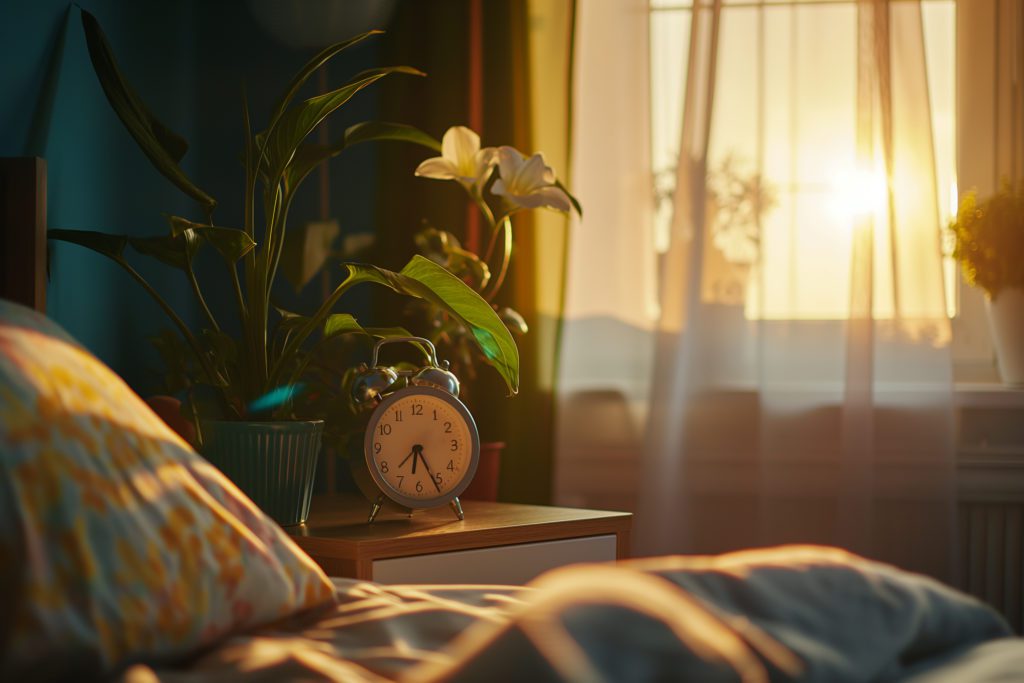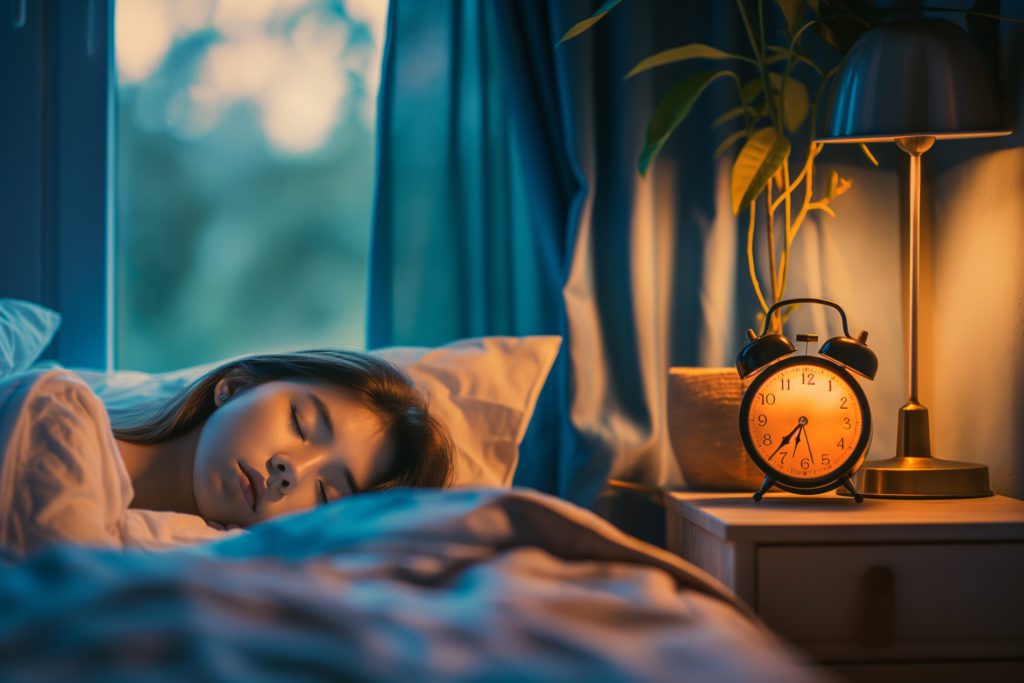
5 Do’s and Don’ts for Sleep Tracking
Sleep trackers offer a way to monitor your sleep patterns, but there are five do’s and don’ts to keep in mind to make the most of your sleep tracker.
Sleep trackers offer a unique ability to provide insight at a time when you are otherwise occupied and unable to recount what occurs. They enable you to measure when and how much you sleep, along with recording any unusual events, such as snoring and sleep-talking.
However, while sleep trackers may seem foolproof, they entail more than just putting or turning them on and sleeping. You must remember to use them each night and look into the data they obtain in order to make changes in your life.
When used correctly and optimally, your sleep tracker has the potential to change your sleep, and life, for the better.
What Are The Benefits Of A Sleep Tracker?
Are you wondering why sleep trackers have become so popular? It’s because of the immense amount of information that they can provide, such as:
- Sleep patterns: Sleep trackers allow you to monitor your sleep habits, such as when you tend to fall asleep and wake up.
- Sleep quality: Sleep trackers, with the ability to measure the amount of deep sleep you get, can help you see how much quality sleep you’re getting. Additionally, sleep trackers can measure the number of times you wake up during the night, which can also indicate your sleep quality.
- Factors affecting your sleep: Some sleep trackers allow you to input various lifestyle factors, including stress levels, eating schedules, and caffeine consumption, which then allows you to connect these factors to your sleep habits and quality.
- Unusual Nocturnal Events: Some sleep trackers keep a recording of any unusual events during the night, including snoring or sleeptalking, which you can review in the morning.
Sleep trackers can also help you wake during the lighter stages of your sleep, which can reduce morning grogginess.
As an added benefit, sleep trackers can offer support for those with sleep disorders—those with insomnia are often prompted by their doctors to record their total sleep time and sleep efficiency, which sleep trackers can help with. Sleep trackers have also been used in studies where the data obtained was associated with asthma symptoms, blood pressure, and mood.
Sleep Tracking Do’s and Don’ts
Sleep trackers can be useful devices for monitoring your sleep, but there are certain rules to keep in mind in order to get the most out of your sleep tracker.
Do Use Your Sleep Tracker Each Night
Whether it’s a wearable tracker or an app on your phone, be sure to use your sleep tracker each night.
The key to enacting change and better understanding your sleep with the help of a sleep tracker lies in observing patterns; using it every night ensures that you can look at sleep trends and observe which nights or habits are outliers based on sporadic events versus which are consistent each night of sleep.
In order to remember to use your sleep tracker each night, add it to your nighttime routine. For instance, if it’s a wearable device, put it on when you’re finished brushing your teeth. Or, if it’s an app, set it up right before you crawl into bed, and then don’t touch your phone again until the morning. Connecting your sleep tracker to other habits can help you remember to use it each night.
Furthermore, using your sleep tracker each night is important if you’re changing your habits, trying a new medication, or monitoring a health condition since it allows you to see how each of these modifications to your life changes your sleep, whether for better or worse.
Don’t Assume a Sleep Tracker Replaces a Doctor
While sleep trackers have come a long way and can provide significant insight into our sleep, they in no way replace a medical professional. Instead, think of a sleep tracker as a tool for prompting a discussion with your doctor—the data you receive from the sleep tracker can highlight areas in need of attention, which your doctor can then address.
For example, while you cannot diagnose sleep apnea solely from a sleep tracker, increased periods of snoring, numerous nighttime wakings, and poor sleep quality can all be symptoms that are worth talking to your doctor about. In this way, a sleep tracker cannot diagnose medical conditions, but it can help you monitor for them.
Do Use Your Sleep Tracker Correctly
Be sure to follow the instructions for your sleep tracker to ensure it records your sleep correctly. Whether it needs to be worn on your wrist or placed on a pillow or nightstand, be sure you follow the instructions specific to your sleep tracker.
Don’t Just Look At The Sleep Tracker’s Data
While a sleep tracker offers data regarding your sleep habits and quality, nothing will improve if you don’t take the insights gained from the data and make actionable changes to improve your sleep.
For example, a sleep tracker can help you see that it takes an hour for you to fall asleep, but knowing this information alone won’t change anything. Instead, once you see that you’re taking a long time to fall asleep, you can adopt habits to help you fall asleep easier.
The sleep tracker is the key to identifying where modifications need to be made, but it cannot make the positive changes on its own—you must take the data provided by the sleep tracker to improve your sleep.
Do Use Your Sleep Tracker To Gauge Intervention Effectiveness
Your sleep tracker can do more than tell you how well you sleep at night; it can help you see which interventions make a positive impact on your sleep and, thus, should be continued.
For example, say you have a hard time falling asleep at night; you can try different sleep-promoting activities, such as taking a warm bath, mindful meditation, or avoiding electronics before bed, and then monitor how your sleep onset timing changes based on these habits. Just remember to give each habit a couple of days before judging its effectiveness.
Track Your Way to Better Sleep
Sleep trackers provide insights into our sleep that we otherwise would remain unsure about. For instance, they can track the number of times that you wake during the night and how much deep sleep you get, which can then provide insight into your sleep quality.
One of the greatest features of sleep trackers is their ability to compare your sleeping patterns over multiple days, weeks, and months, which can help you pick out patterns. Without a sleep tracker, you would have to manually record this data in order to find any trends, and the amount of data you could obtain is significantly less.
Sleep trackers such as Pillow allow you to monitor your sleep, prompting the adoption of habits that improve your sleep, such as improving your sleep hygiene or speaking to a doctor about concerns. They are a catalyst in change, and following the above tips will ensure that you gain all you can from your sleep tracker.

Written by
Jessica G
Medical writer freelancer who has written hundreds of articles on varying topics. Masters of Engineering degree in Biomedical Engineering.
Download Pillow
Get help
Press & News
Legal
Connect
X (Twitter)
Company
Copyright © Neybox Digital Ltd.


